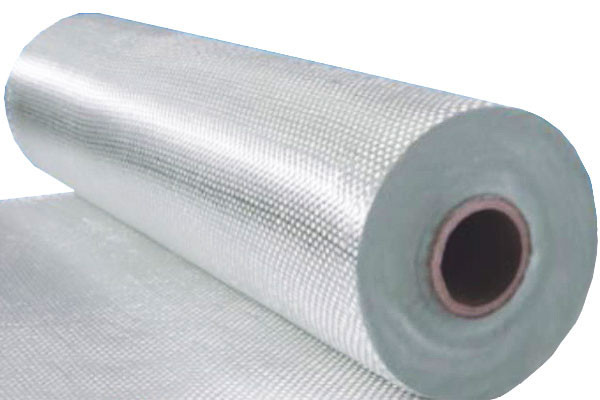
Fiberglass is a type of product that is made of glass
fibers. There are two categories of
glass fibers. One has short fibers that are used in products such as blankets
or boards for filtration or insulation.
The other type is used in textiles and yarns. To make draperies, fiberglass can be made
into yarn and added to fabric just as wool or cotton can be.
Fiberglass textiles help laminated and molded plastics by serving as reinforcement. Fiberglass is also great for sound absorption
and thermal insulation. Fiberglass wool,
which is thick and fluffy works well for this purpose. Car engine compartments, furnaces, air
conditioning units, and ceiling panels are some of the places you can often
find fiberglass textiles.
Fiberglass can be made for specific uses such as electrical insulation tape,
reinforcement and textiles, chemical, and thermal insulation. The use of glass fiber is relatively recent
in history. The raw materials used to
produce fiberglass products include manufactured chemicals and natural
minerals. Most of the ingredients used
include limestone, soda ash, and silica sand. Other ingredients used may include borax, feldspar,
calcined alumina, magnesite, kaolin clay, and nepheline syenite.
To form the glass, silica sand is used and limestone and soda ash mostly aid in
reducing the melting temperature. Some
of the other ingredients are used to enhance the quality. Borax is used for chemical resistance. Cullet (waste glass) is a raw material in the
process. Raw materials need to be
precisely weighed and combined in the batching process before they can be
melted into glass.
After the raw materials are prepared, they are put into a furnace which may be
heated by fossil fuel, electricity, or both.
To have a steady, smooth glass flow, the temperature needs to be
controlled with precision. To be formed
into fiber, the molten glass needs to be at a higher temperature than other
glass types.
The molten glass is taken to the forming equipment. There are a couple of different processes
used to form fibers. The type used
depends on the fiber type. Textile
fibers can be formed from molten glass from the furnace or the glass can be fed
into a machine first. Coatings such as
binders are needed for products made of fiberglass.

